Article Categories
All Articles

April 4th, 2023 | Estimated reading time: < 1 minutes
Thanks for sticking with me when things got tough
“Thanks for sticking with me when things go tough”. I received this at the end of an email from a lovely EDS client. I work with some very complex cases. There are always going to be ups and downs. A condition like EDS or HSD is never linear. I am prepared for the unexpected.
Read more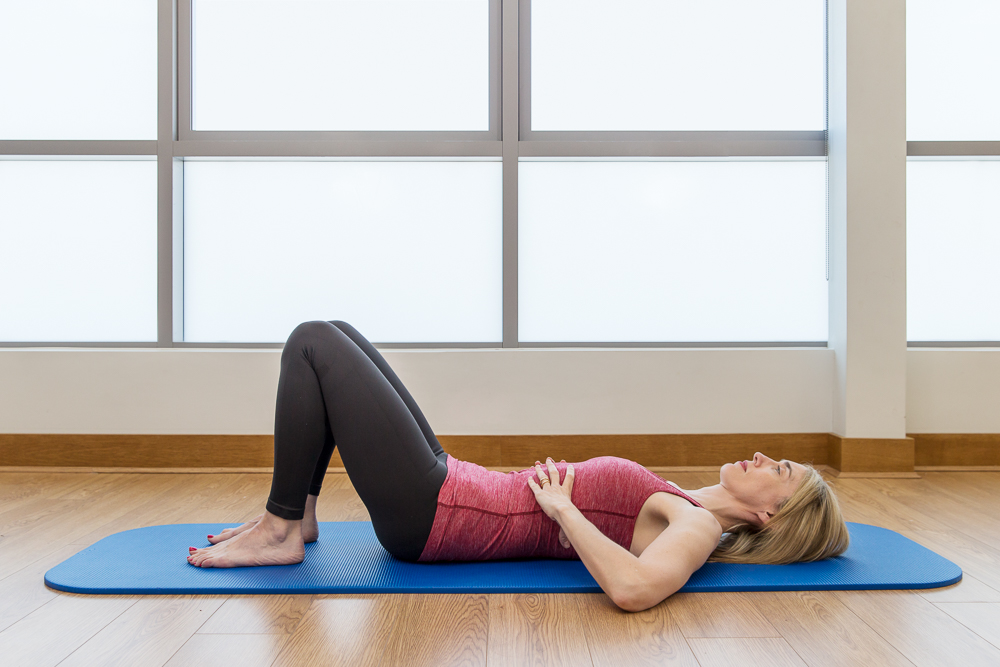
January 24th, 2023 | Estimated reading time: < 1 minutes
What’s your breath trying to tell you?
Understanding how we breathe and why we breathe the way we do is key to rehab. When I was struggling to find answers and solutions to my pain and undiagnosed EDS symtoms, I was drawn to breathwork as the first step.
Read more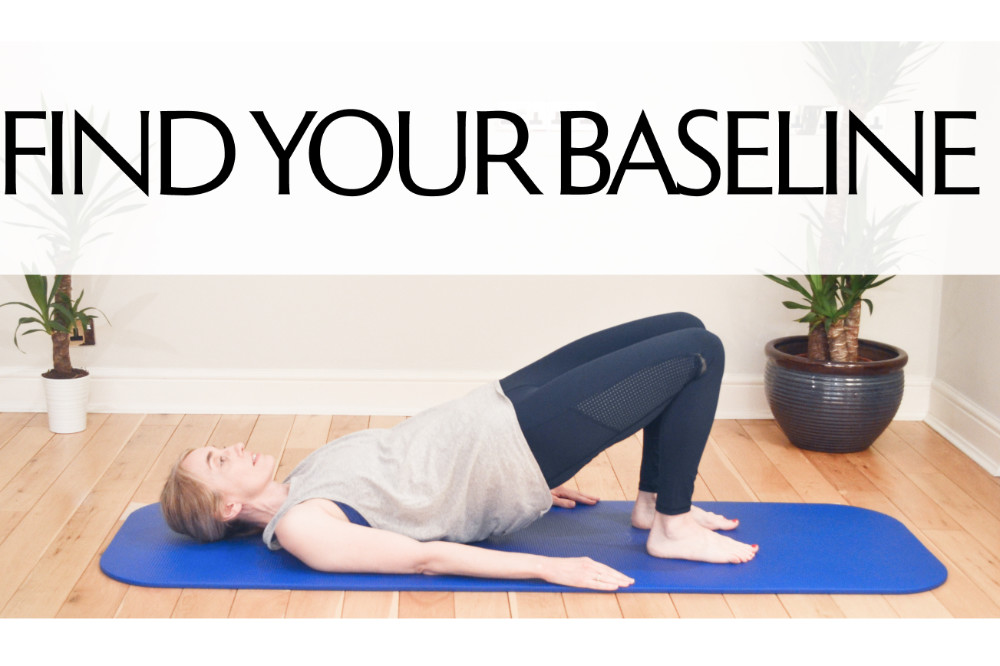
December 15th, 2022 | Estimated reading time: 2 minutes
What’s tissue tolerance? Can it help me avoid injury with hypermobility?
Injury prevention – how do we work towards that with hypermobility?
Read more
November 8th, 2022 | Estimated reading time: 2 minutes
Should I Squeeze my Glutes when I exercise with hypermobility?
Squeezing, pushing, pulling – all words I try to avoid when teaching my hypermobile clients. Why – because they tend to put more tension into the body rather than helping someone move with ease and less pain.
Read more
October 11th, 2022 | Estimated reading time: 4 minutes
Relationships and Chronic Pain
I recently did a post about pain management. Someone raised the question on the post of ‘how can I communicate my pain to my partner effectively?’
Read more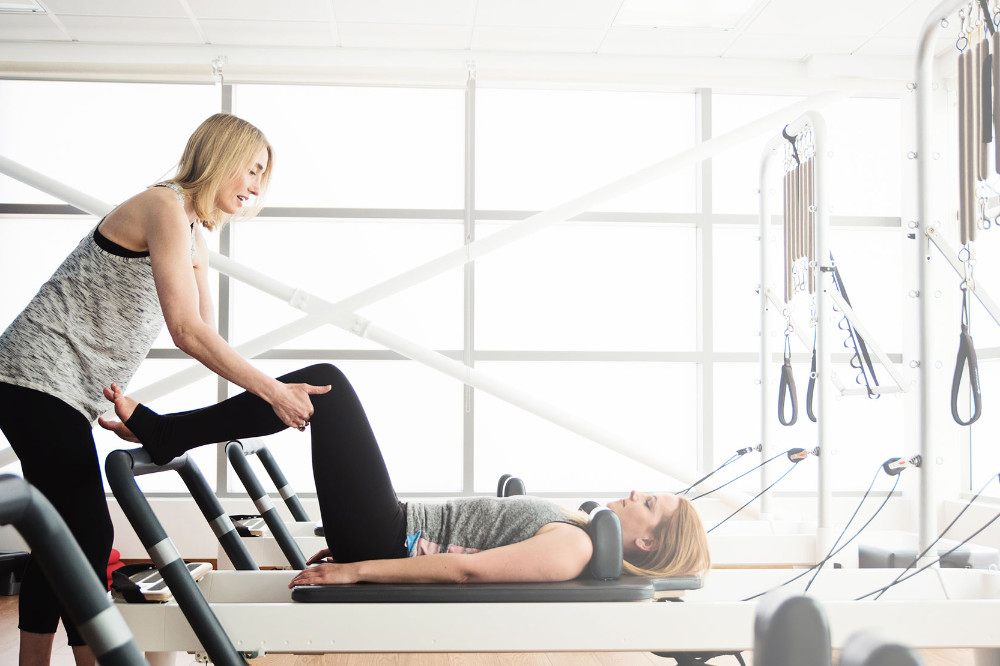
August 22nd, 2022 | Estimated reading time: 2 minutes
What really happens when we lock our joints?
What happens when we lock our Hypermobile Joints? As someone who always stood with locked knees and picked things up with hyperextended elbows, changing this pattern was really important for my joint health.
Read more
July 13th, 2022 | Estimated reading time: 2 minutes
Chronic Illness Exercise – Do you mourn your previous regime?
What’s your relationship with exercise? Has it changed over the years? Did a chronic illness diagnosis change your approach?
Read more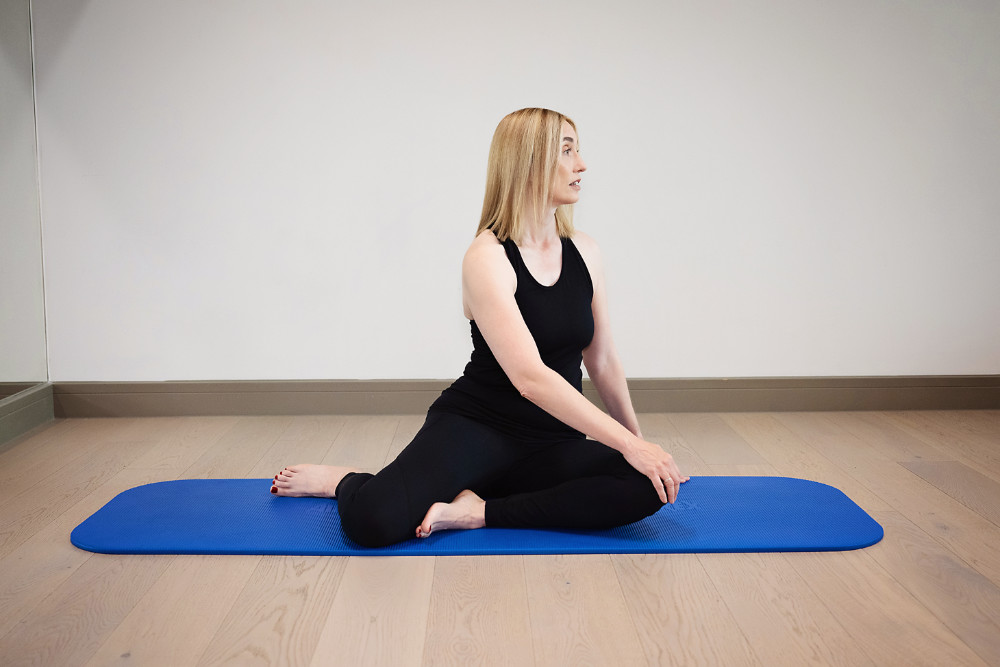
June 8th, 2022 | Estimated reading time: 2 minutes
Has the exercise message been movement at any cost?
Have you ever felt the message was ‘movement at any cost? I was speaking with a client recently who felt this was very much the message she had always perceived. We need to exercise, you must do it every day no matter what, even if it takes an hour or more. Regardless of how you feel or what the body is telling you. And if you don’t do them, you are failing or lazy. This is not the way forward. It is not healthy physically or mentally.
Read more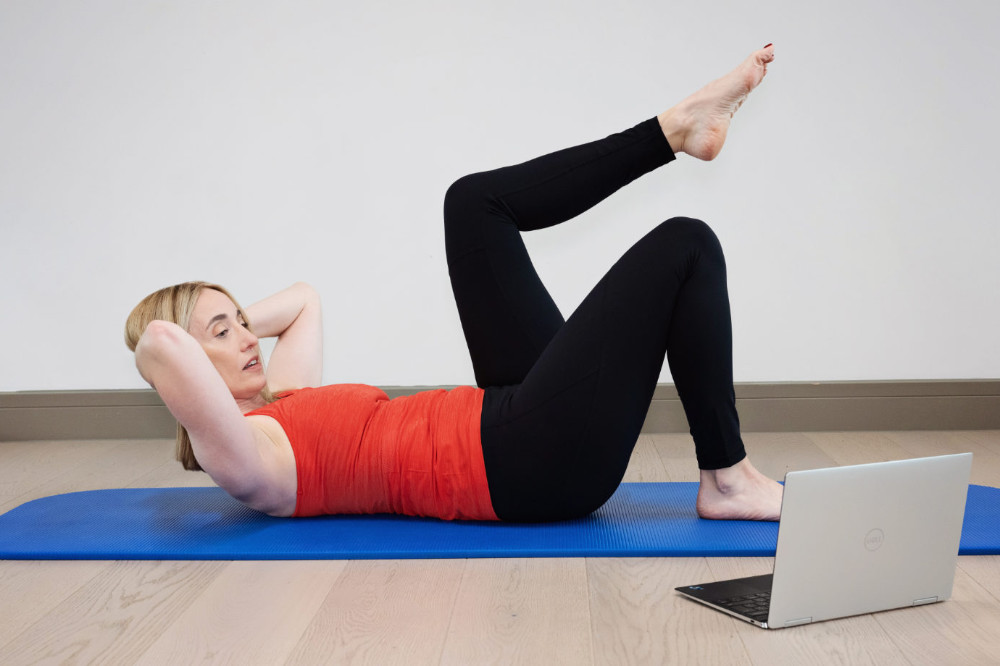
May 19th, 2022 | Estimated reading time: 2 minutes
The Lonely Chronic Illness Life
Living with a chronic illness can sometimes be lonely. It can be difficult for friends and family to really understand how we are feeling and why we don’t ‘get better’. It drives me crazy when people say ‘you just need a good night sleep’ – like it’s a miracle cure.
Read moreThe Zebra Club APP
Hypermobility safe, affordable and effective movement, education and community in the comfort of your own home.
The Zebra Club app is a programme based on the Integral Movement Method. In this programme I will carefully guide you through safe exercises to manage your pain.
Learn moreOr download the App on


